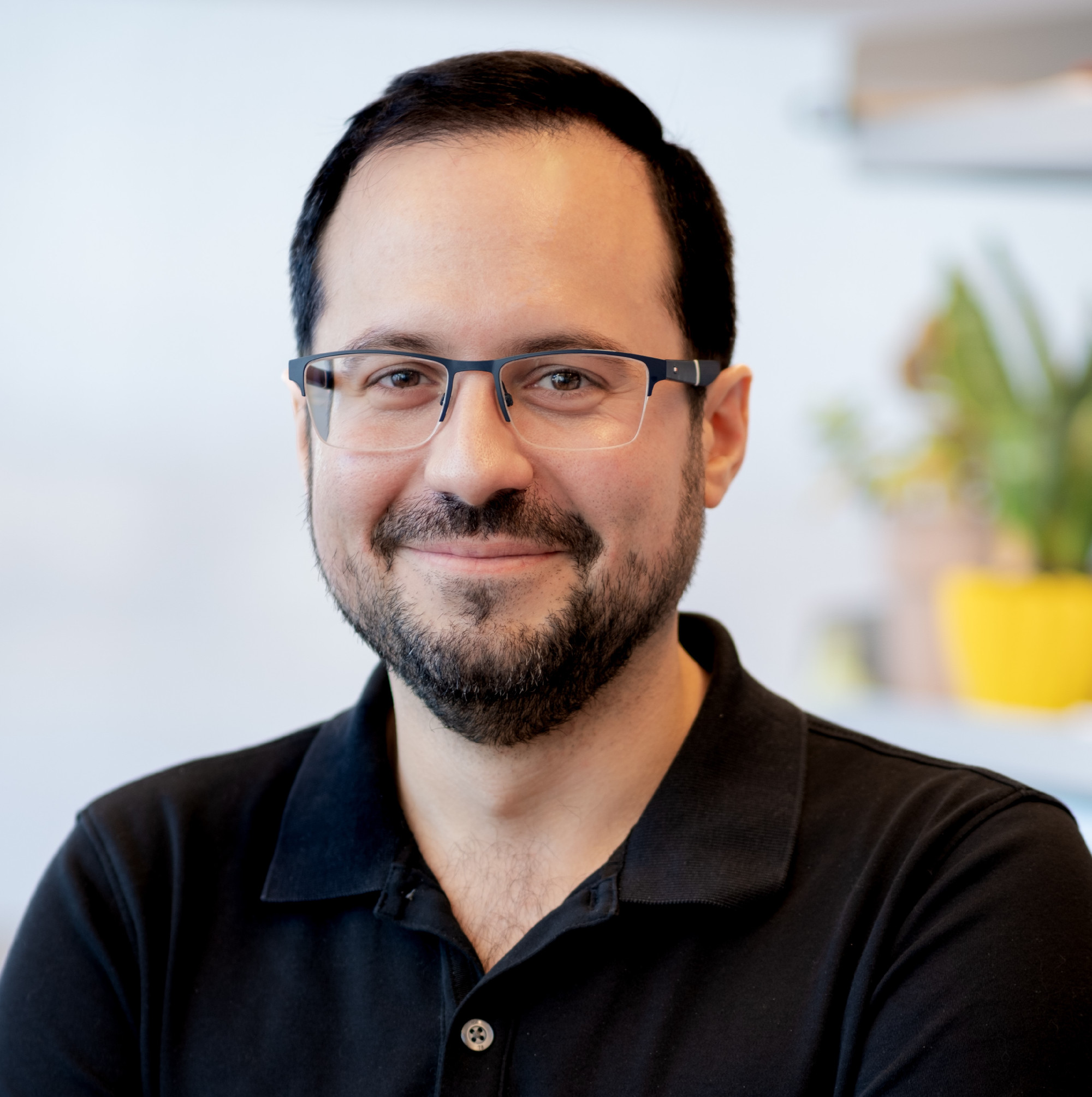Gergely Róna joins HUN-REN RCNS from the US to establish a new DNA Repair Research Group within HUN-REN’s excellence programme
Gergely Róna, a molecular and cell biologist, returns to Hungary from the United States as part of the HUN-REN Welcome Home and Foreign Researcher Recruitment Programme to investigate the molecular mechanisms of neural DNA repair to gain a better understanding of neurodegenerative diseases with the research group he is establishing at the Institute of Molecular Life Sciences of the HUN-REN Research Centre for Natural Sciences (HUN-REN RCNS).

Building on his previous discoveries, he has now shifted his focus to explore neuronal DNA repair processes. Despite the heightened susceptibility of neurons to various forms of stress, including DNA damage, these cells can maintain their genomic integrity over many decades of life. Neurons are under a lot of metabolic stress due to their substantial energy requirements, elevated transcriptional activity, and extended lifespan. Mutations in DNA repair genes are consequently linked to various neurological abnormalities, and defects in DNA repair play a crucial role in several neurodegenerative diseases. With the backing of the HUN-REN grant, he is now bringing his research and techniques to Hungary to gain a better understanding of defects in neuronal DNA repair associated with these diseases and leverage this knowledge to identify new vulnerabilities in neurodegeneration.
As part of the HUN-REN Welcome Home and Foreign Researcher Recruitment Programme, which was announced for the first time in 2023 by the HUN-REN HQ, six Hungarian researchers and one foreign researcher from the international elite are coming to Hungary to form research groups at HUN-REN research sites to undertake their outstanding scientific projects as part of the winning proposals.

